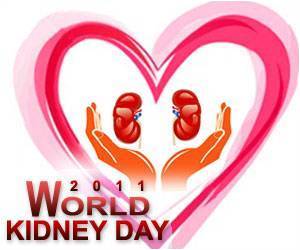A study has found that dialysis patients may not benefit from hemodiafiltration, a technique that removes additional toxins during dialysis.

Peter Blankestijn, MD, PhD (University Medical Center Utrecht, in the Netherlands) and his colleagues looked to see if hemodiafiltration improves patients'' survival and heart health compared with standard hemodialysis. Of 714 dialysis patients in the study, 358 received hemodiafiltration and 356 continued hemodialysis. "This is the largest randomized clinical trial comparing standard hemodialysis versus hemodiafiltration on meaningful clinical endpoints," said Dr. Blankestijn.
After following patients for an average of three years, the researchers found no difference between the two groups in terms of patient survival or rates of non-fatal heart problems; however, not all patients in the hemodiafiltration group received the proper dose of treatment. Patients who received the highest dose of hemodiafiltration were indeed less likely to die than those receiving hemodialysis. Additional studies are needed to confirm these findings.
Source-Newswise














